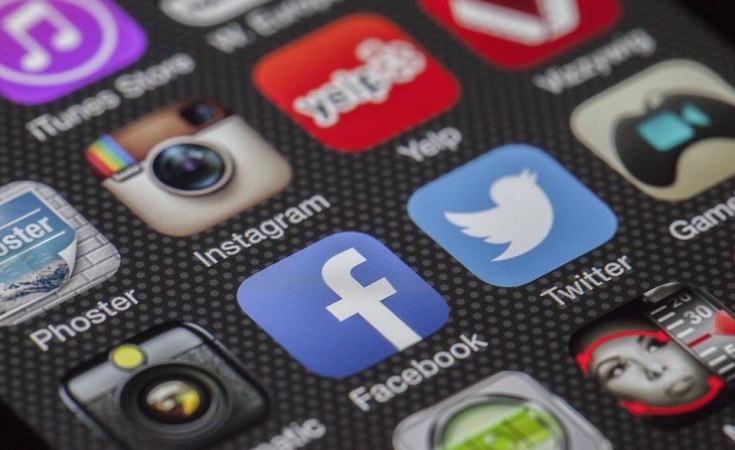Nairobi — Facebook, Telegram and TikTok has been restricted in Ethiopia amid protests over the split of the Ethiopian Orthodox Tewhado Church.
According to Surfshark's Internet Shutdown Tracker, this is the 11th government-imposed internet disruption in Ethiopia since 2015.
Outof the cases five of were related to protests, while six were related to other types of political turmoil.
Gabriele Racaityte-Krasauske, Surfshark spokeswoman warned that internet blackout poses a threat to the freedom of association and sharing of information among citizens.
"Undemocratic governments often pull the plug on internet services in times of unrest in an attempt to avoid backlash on controversial government actions and ultimately to silence the public. By restricting access to these three major social media platforms, many Ethiopians will be unable to communicate with each other and organize protests," she said.
Ethiopia and Sudan are the two most intensive countries by internet disruptions in Africa, with 11 recorded cases each.
This comes even as Federal Democratic Republic of Ethiopia (FDRE) and the Tigray People's Liberation Front (TPLF) continues to take part in the implementation of the Permanent Cessation of Hostilities Agreement (COHA) after more than 2 years of conflict that resulted to loss of lives and displacement of people.
The Internet Shutdown Tracker was developed by Surfshark in partnership with internet watchdog NetBlocks.
According to Surfshark African countries block access to social media the most (34 countries), especially amid political turmoil or elections.
Of these, a third of African countries have restricted access to internet services because of elections.


